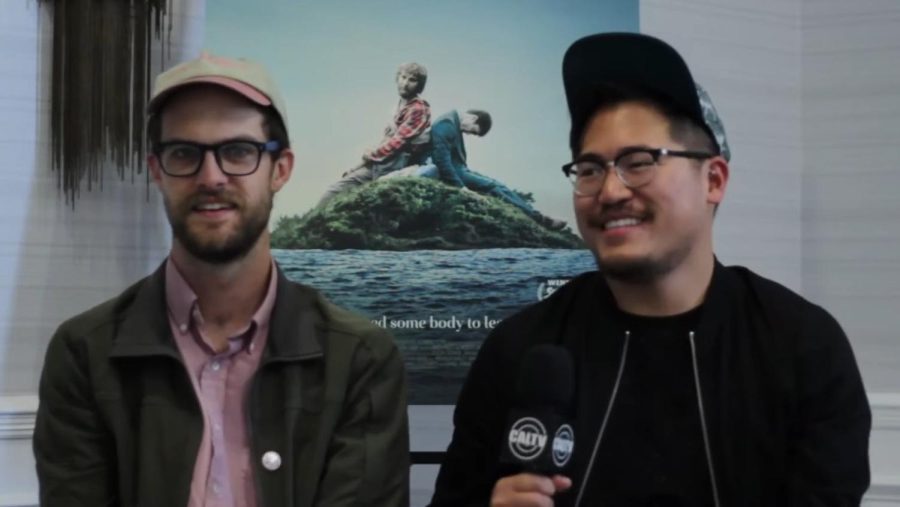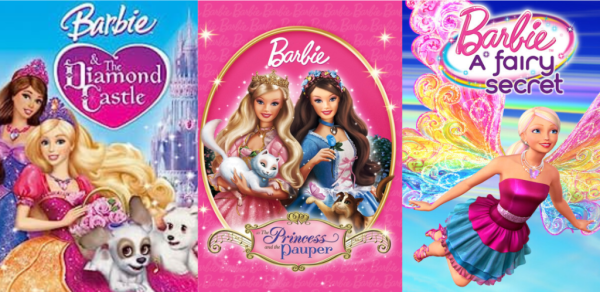Review: ‘Everything Everywhere All at Once’
“Everything Everywhere All at Once” (EEAAO) is both an oddball sci-fi film and an unabashedly Asian American film. EEAAO is a touchstone for fellow Asian diaspora and immigrant experiences.
What grounds the film’s world-hopping madness, though, is its dedication to portraying a Chinese American family in the present. Simultaneously, it utilizes the multiverse to explore the breadth of their desires and dreams — unrealized or not.
“Dan Kwan especially believes the immigrant experience is suited to the multiverse in ways that superheroes aren’t equipped,” writes Eric Francesco in an interview with directors Daniels for Inverse.
The film’s core reveals a story of intergenerational healing and understanding. Women save themselves and each other. Male masculinity is grounded in vulnerability. We witness the fight for acceptance between generations.
EEAAO opens with family laundromat owner Evelyn Wang (Michelle Yeoh) sorting through a tax audit. Intricate family dynamics develop early on: her husband, Waymond tries to serve her divorce papers. She is distracted from her perpetually disappointed father, Gong Gong, and her estranged daughter, Joy (Stephanie Hsu). Evelyn struggles to apologize to Joy and instead comments on her weight.
Later, when her alternative universe husband implores her to use universe-jumping technology to save the world, Evelyn still thinks about her taxes. IRS employee, Deidre (Jamie Curtis) glowers at her across the table.
Not long after, Evelyn battles her way through an IRS building. She comes up against the most powerful being in the universe: her own daughter from an alternate universe, Jobu Tupaki. Jobu is the cause for everything that feels off-kilter in the world. Her chaotic nihilism leaves death and destruction in her wake. Evelyn resolves to defeat this omnipresent entity to save her daughter.
The origin story Jobu Tupaki, Joy’s villain alter-ego, highlights parent-child relationships centered around expectation. In the alpha-verse, Jobu’s mother (alpha-Evelyn) pushed her to a breaking point while training to verse-jump. This fractured Jobu’s mind. Jobu, filled with deep hatred and desire for revenge, leaves countless alternate-universe Evelyn’s dead — all in an effort to find a version of her mother who truly understands her experiences.
Evelyn, who takes all her squandered dreams as an immigrant and pins them on her daughter, believes that an omnipresent power is controlling Joy. One of the most moving moments of the film comes from her eventual acceptance that she is the source of her daughter’s pain. She comes to terms with the fact that her daughter is her own person, who dropped out of college, has a girlfriend, tattoos, and is grappling with depression.
EEAAO may seem sentimental, but the film truly constitutes a complex understanding of human stories at interpersonal and societal levels. Nihilism beckons during times that encroach on our agency and connectedness. Still, Evelyn reaches towards kindness, displaying love for each of her adversaries through something she learned about them from other worlds.
The film is a refreshing departure from erasure and orientalism in Asian cinema. Yet it contains a warm familiarity. EEAAO made me imagine worlds and futures where we could heal painful relationships with our mothers and loved ones. Perhaps this is futurism itself: a future where we can heal and dream about everything we want to be everywhere else, too.





